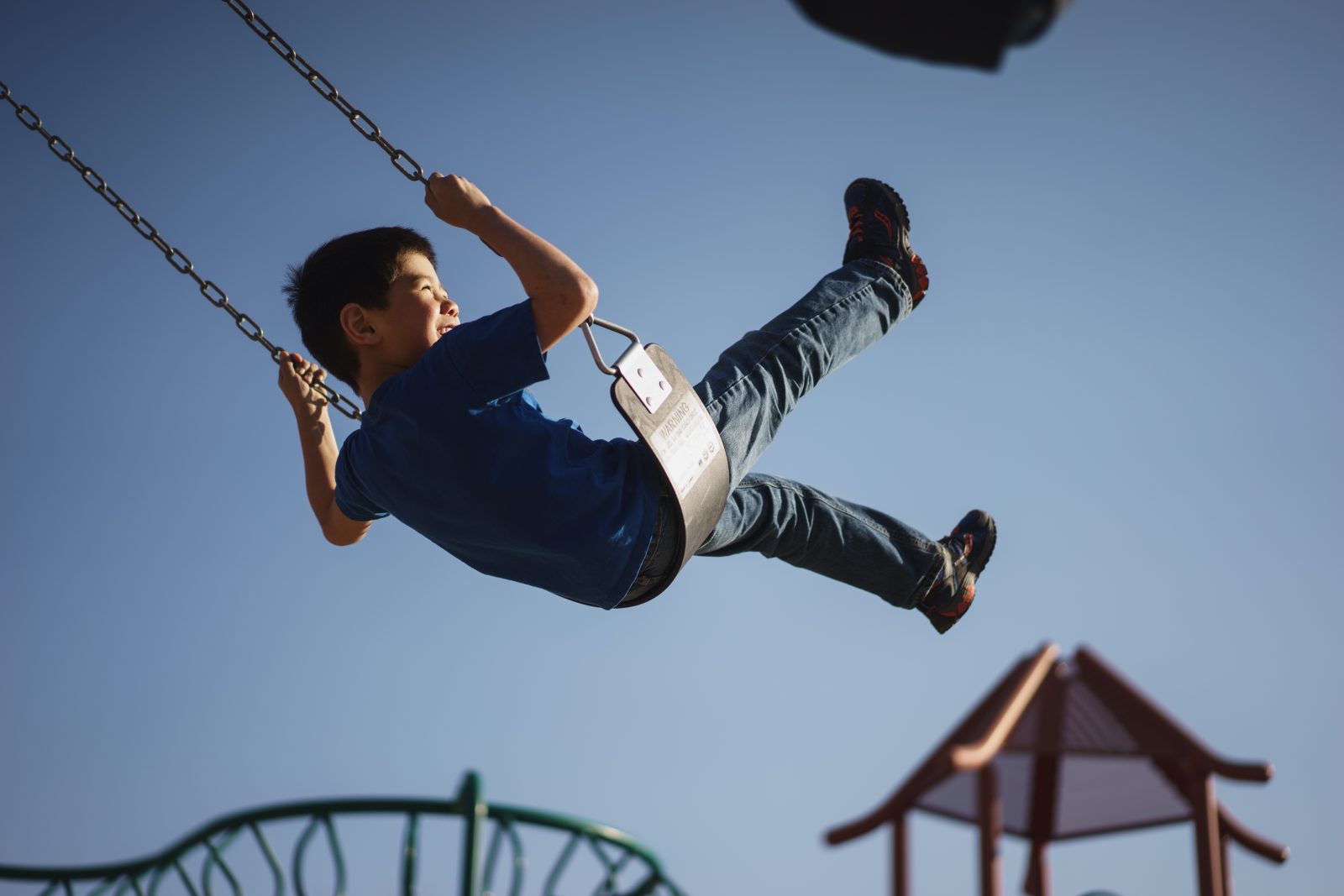
Do you know any parents who are determined to raise model children? Let’s hope not, because sometimes, a model child isn’t such a great idea. Let’s explore what this means.
When it comes to raising children, there are few people who don’t believe in an intelligent and loving approach. There are psychological principles of teaching and learning that have been proven to work effectively. If we understand and use these principles, we can teach our children, from toddler-hood through adolescence, how to regulate themselves without a great deal of intervention.
The question then becomes, what will be the result? Will we then be raising model children? Possibly not, as a “model” child tends to be neither happy nor self-regulating.
You see, the “model” child is one with a façade, a child who has been intimidated into outward conformity. If we end up with a preschool child who is quiet and respectful of adults at all times; who never rebels or gets out of hand; who is pleased to do whatever adults want of him or her without complaint; who has no negative feelings about anything; who never lies, fights with siblings or otherwise misbehaves; who is moral, unselfish and of high ethical principle; who is conscientious and respects private property – then we are not really dealing with a child at all. We are dealing with a person who has been intimidated into being a miniature little adult, or a fake child.
In our quest for discipline, let us remember that our children are still children. Let’s make sure we help their childish nature be channeled into socially approved expressions. But let’s refrain from trying to totally eliminate the vital, spontaneous and sometimes unruly qualities that make children act and be like children. It is how they learn – and how we learned – to be responsible adults.
Featured posts
May 16, 2023
May 16, 2023
May 16, 2023





